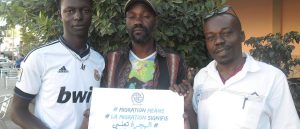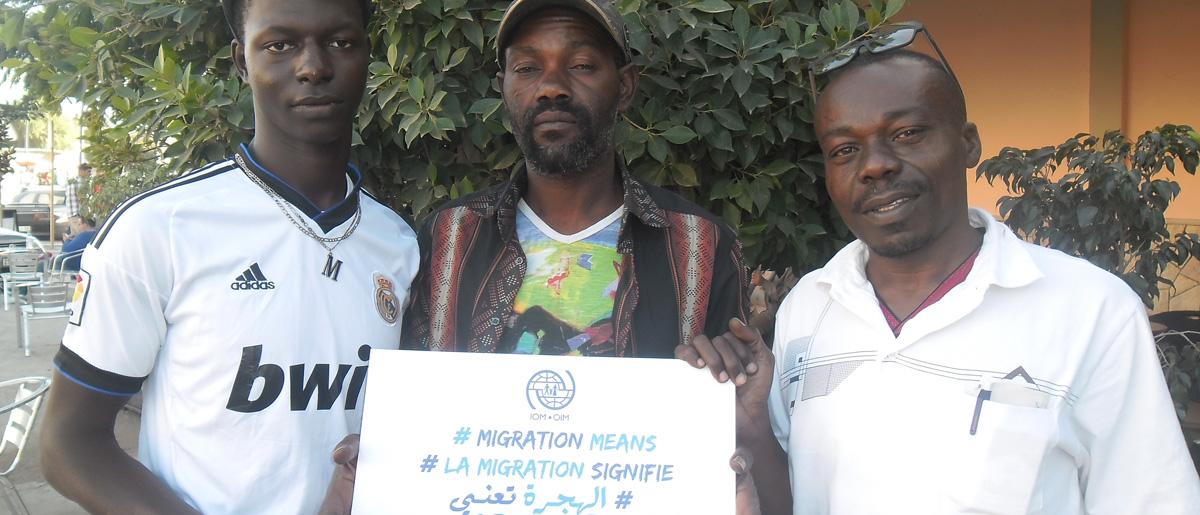 Chief of UN migration agency has praised Morocco’s “humanist” approach in dealing with African migrants and asylum seekers, saying this policy is exemplary and stands out at the regional and international levels.
Chief of UN migration agency has praised Morocco’s “humanist” approach in dealing with African migrants and asylum seekers, saying this policy is exemplary and stands out at the regional and international levels.
The Moroccan policy on migration and asylum is worth praising and shows the willingness to respect migrants’ rights, said Director General of the International Organization for Migration (IOM), William Lacy Swing at a conference organized in Moroccan coastal city of Skhirat (Rabat outskirts).
He also voiced IOM’s support for the moves made by the government and NGOs to integrate migration into key sectors, including health and local development.
IOM supports Morocco’s national migration & asylum strategy, he said, hailing the North African country’s “exemplary response” to migration challenges.
Although it is still primarily an emigration country, Morocco has increasingly become a transit and also an immigration country. Early this year, the North African country launched a second regularization campaign for migrants and asylum seekers.
Since the 2000s, Morocco has received an increasing number of migrants and refugees from sub-Saharan Africa, Syria, and Europe. The first regularization campaign in 2014 allowed over 25,000 migrants to receive a one-year residence permit that may be renewed, including all of the women and children who applied.
Migrants and refugees came from many countries, with Senegalese (25 pc), Syrians (20 pc) and Nigerians (9 pc) being the three top nationalities. Overall 27,330 migrants submitted their application. The 83 local commissions put in place had accepted over 65 percent of the applications.
The national appeals commission increased the final rate of regularization to 92 percent. The regularization campaign was not only combined with a stronger fight against traffickers but also with raids on existing migrant camps.
The regularization campaigns are part of a wider overhaul of Moroccan immigration and asylum policies. The constitution of 2011 underlined the diversity of Morocco’s national identity. It included the principle of non-discrimination, the right to asylum and the equality of rights between nationals and foreigners.
Based on a report by Morocco’s National Human Rights Council, in 2013 King Mohammed VI called for a revised asylum and immigration policy respecting the human rights and humanitarian needs of migrants.
According to some experts, a crucial factor driving the policy change is Morocco’s geopolitical orientation towards sub-Saharan Africa and its positioning as a regional leader. Morocco’s vibrant civil society, advocating for migrants’ rights, and criticizing abuses, discrimination and racism, also played a role.
